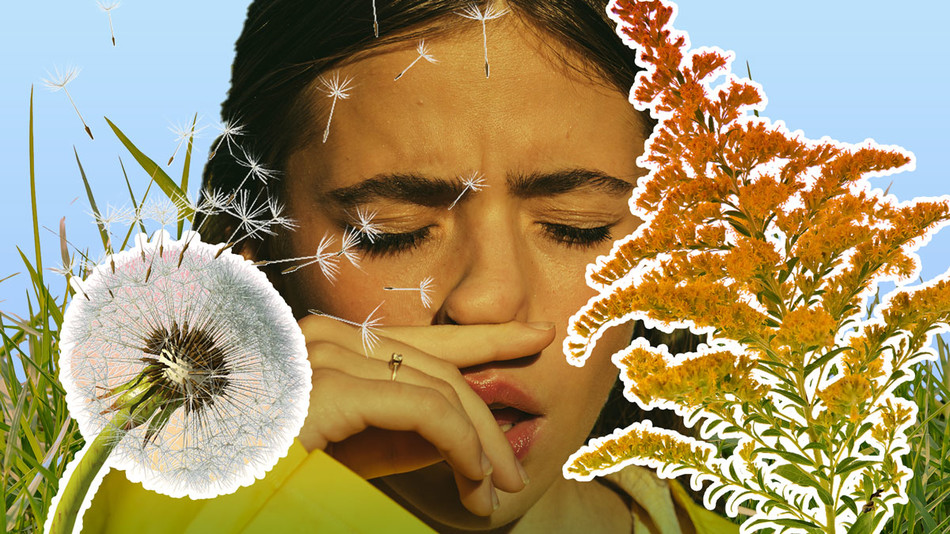
Allergies can be a perplexing and often debilitating reality for many individuals around the world. If you’ve been feeling like your pollen allergies have intensified over the years, it’s not just your imagination playing tricks on you. As it turns out, several factors contribute to what feels like an all-out assault on our immune systems every allergy season. Let’s dig into the reasons behind this trend.
Climate Change and Longer Allergy Seasons
Climate change is more than just a buzzword — it’s a global phenomenon with very real consequences for allergy sufferers. Rising temperatures and increased levels of carbon dioxide in the atmosphere create the perfect conditions for plants to flourish and produce more pollen.
Extended Blooming Periods
One of the primary effects of a warming climate is earlier springs and later autumns. This alteration in seasonal patterns means that many plants start producing pollen earlier and continue for longer periods, which inevitably leads to prolonged allergy seasons.
Higher Pollen Concentrations
Higher temperatures and elevated CO2 levels can also lead to increased pollen production. Plants like ragweed are known to produce more pollen as CO2 levels rise, which can greatly aggravate allergies.
Urbanization and the Heat Island Effect
Cities are often warmer than their rural counterparts due to the heat island effect, where buildings, roads, and other infrastructure absorb and re-emit the sun’s heat more than natural landscapes such as forests and bodies of water. This phenomenon can also contribute to the worsening of pollen allergies in several ways:
Altered Plant Behavior
Urban environments not only raise temperatures but also can change the types of vegetation prevalent in the area. Some urban plants, such as ornamental tree species, can produce more allergenic pollen than others.
Concentrated Allergens
In a bustling cityscape, pollutants from cars and industry can mix with pollen, which might exacerbate the severity of allergic reactions.
Lifestyle Changes and the Hygiene Hypothesis
Our modern lifestyle may be too clean for our own good when it comes to allergies. The hygiene hypothesis suggests that a lack of exposure to microbes during childhood can affect the immune system’s development, potentially leading to a higher incidence of allergic diseases.
Reduced Microbial Exposure
The increased use of antimicrobial products and the decrease of time spent outdoors impact our exposure to the diverse microbial world, which is essential for a well-functioning immune system.
Indoor Air Quality
Spending more time indoors can also mean more exposure to indoor allergens like dust mites, pet dander, and mold, which can trigger symptoms similar to those caused by pollen.
Genetic Predisposition and Overactive Immune Responses
Lastly, our genetic makeup plays a significant role in how we respond to allergens. A hyperactive immune response to benign substances like pollen results in the release of histamines, causing the all-too-familiar itchy eyes, runny nose, and other bothersome symptoms.
While it’s reassuring to some extent to know the reasons behind the aggravation of pollen allergies, it’s clear that a multifaceted approach involving both personal health management and broader environmental policies is required to tackle the issue head-on. Adapting to these changing environmental conditions while also advocating for action against climate change can help us breathe a little easier in the future.



